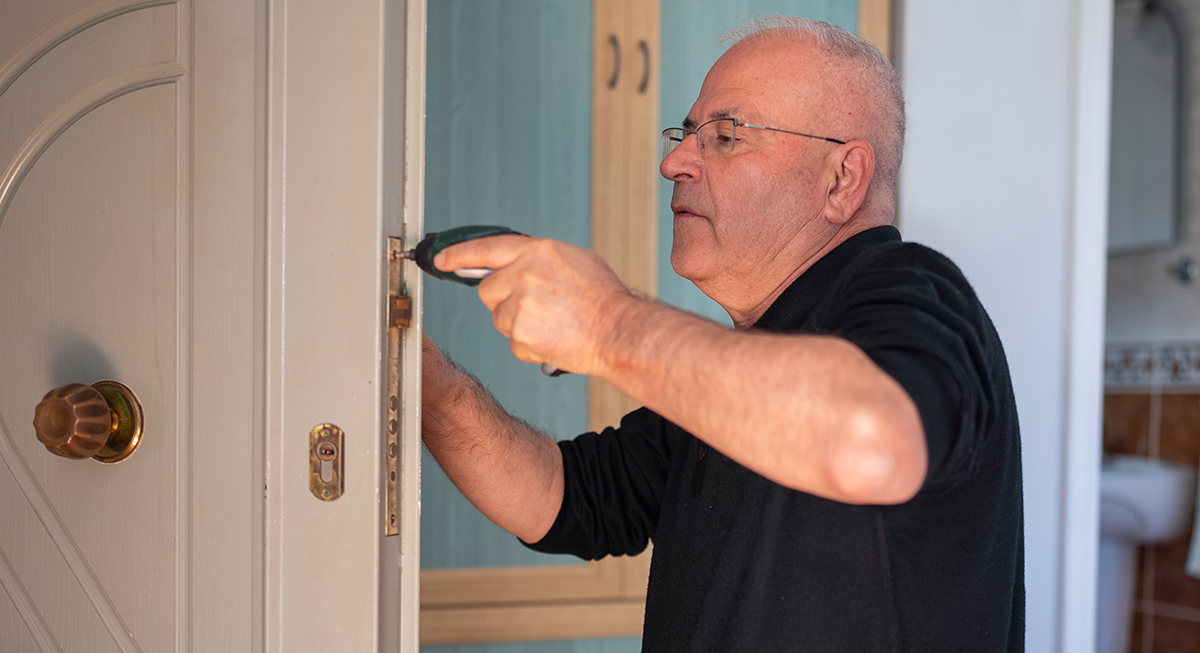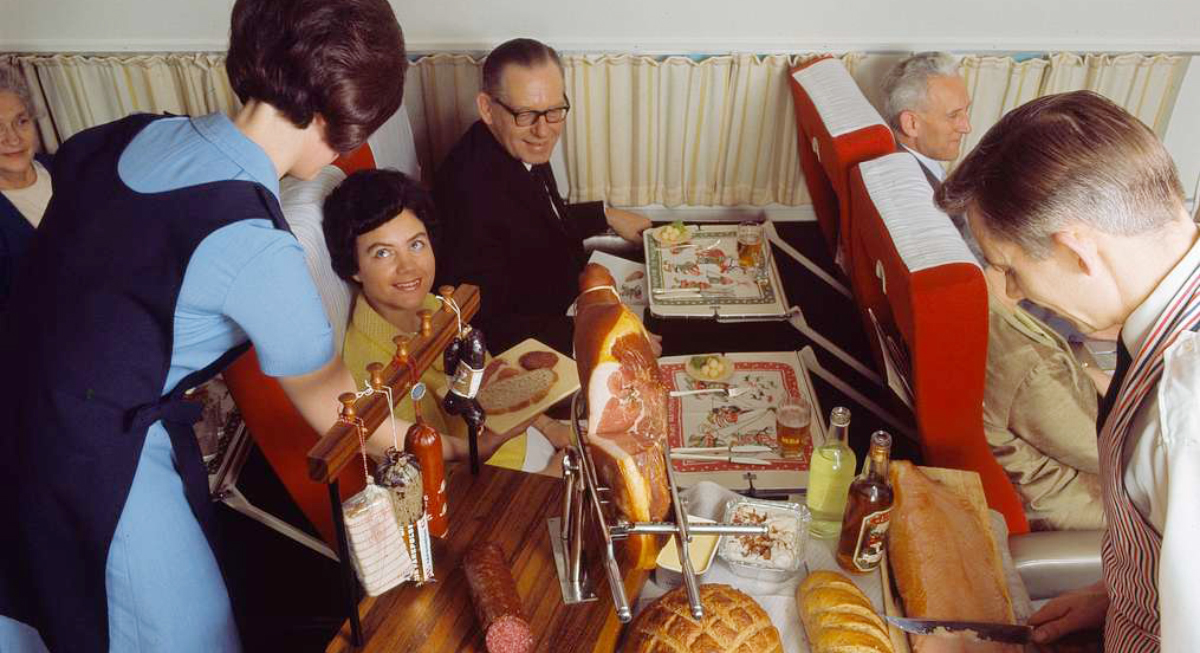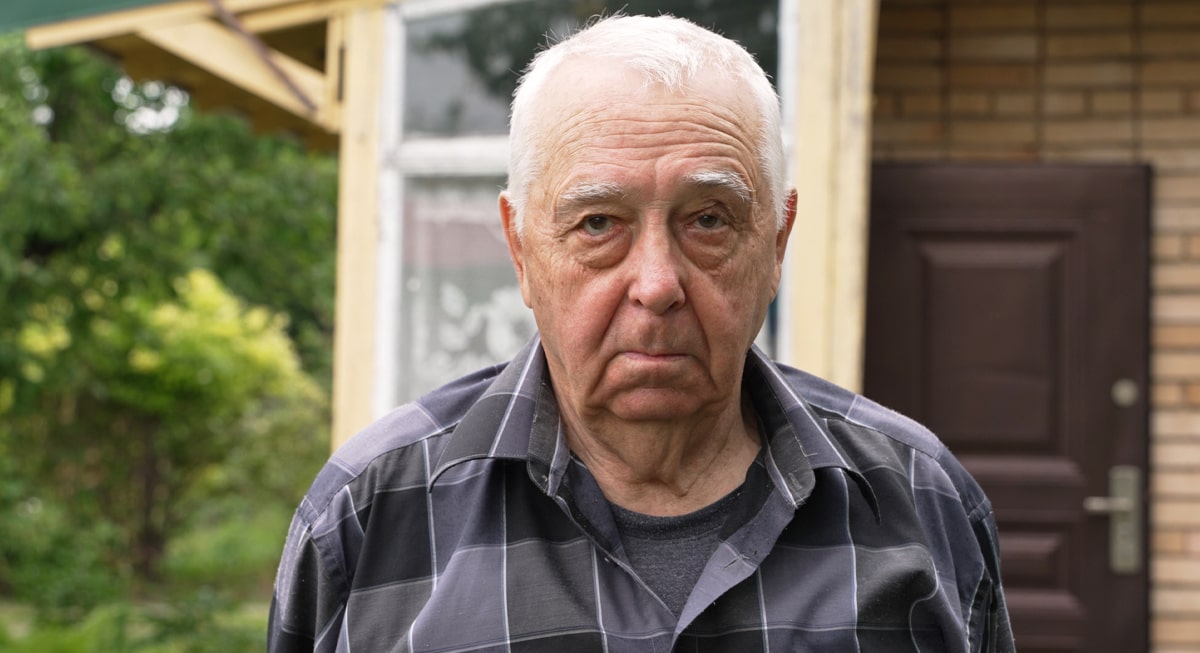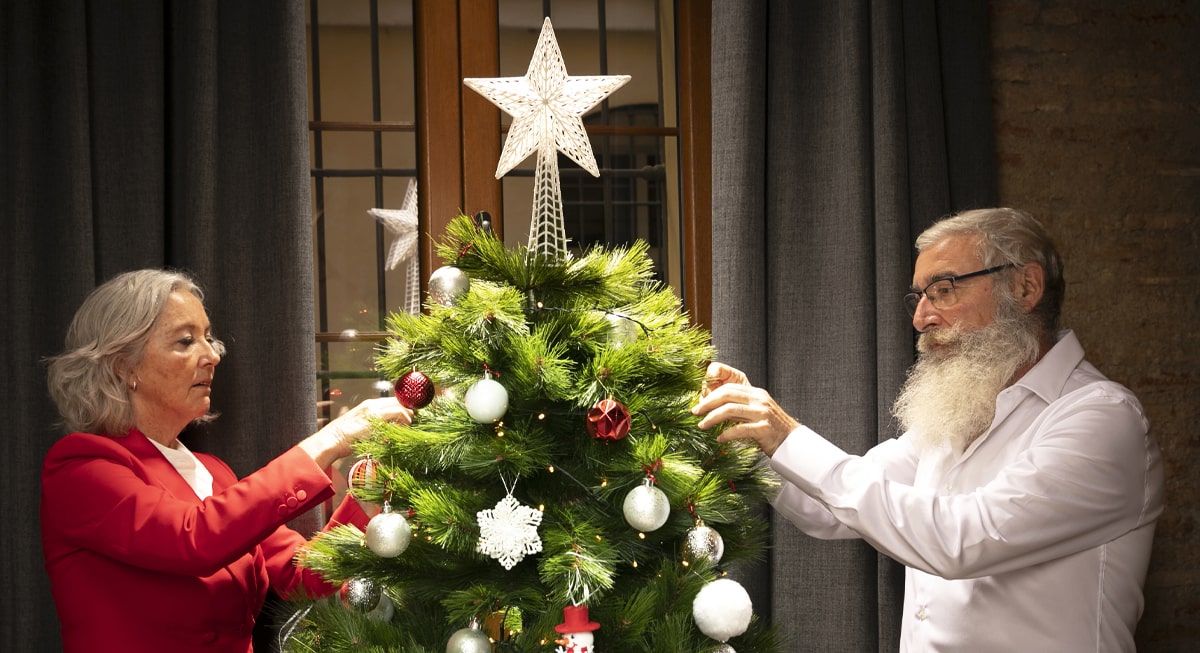A good friend of mine is an epidemiologist (what a cool job), and she and I were talking about H1N1 the other day. She made an interesting point. Some people are saying things like "This is the next apocalypse" whereas others say "This whole Swine Flu thing has been blown out of proportion," and neither is correct. The real answer lies somewhere in between. It's not the end of the world. People will get sick, and yes, people will die, and that's horrible. But that doesn't mean that we should take things lightly. Take care of yourself, wash your hands, eat well, get enough rest, and most importantly, if you are sick, stay home. Follow the precautions and stay home for at least 24 hours after you are no longer feverish. (Of course, there are indications that you're contagious a day before you show symptoms, but there's not much we can do about that.)
One problem is that people aren't staying home. It's a tough situation for people who don't have paid sick leave. What are they supposed to do? They need to feed their families and pay the rent. And to do that, they have to go to work. Unfortunately, this situation isn't unique to H1N1 or even the current economic crisis. This is something that people struggle with every day.
Something that seems to be popping up more is what my friend called "presenteeism." Even though people have sick leave available, they are afraid to take that sick leave because they don't want their employer to think that they (a) are unnecessary to the company or (b) aren't dedicated to their jobs. Because for many jobs out there, there's another person waiting in the wings who would be quite happy to take that job. So they come to work sick. They might stay home a day when the illness is at its worst, but on subsequent days, when they are still sick, still contagious, and still feeling bad, just not quite as bad, they go to work. This isn't good for anyone - the sick person needs rest to get better and those around him don't need to be exposed to the illness.
But what do you do? I'm sure for some, their presenteeism is simply overreaction. There is no indication that their boss plans to fire them and would really prefer that sick employees stay home and take care of themselves. But for others, who knows? Sure, there might be legal issues here, but if you saw a co-worker who had been out sick return only to get laid off due to the economic slowdown, what would you think?
The head of our agency has been sending H1N1 updates, letting us know of any supposed cases and any confirmed cases (none as of yet, but as my friend stated, if people are just sick a few days and then get better, they aren't tested as there's no real point). We're encouraged to stay home if we're showing symptoms and to take care of ourselves. Of course, the whole agency benefits from this - the fewer people exposed, the more people who are at work.
I'm lucky in that I have paid sick leave. It's not a lot, but worst case scenario, we can get sick leave advanced to us, and there's no concern of layoffs due to absence. Of course, that doesn't mean there's not always someone in the office with an awful hacking cough, but there's only so much you can do.
Have any of you seen any cases of presenteeism in your offices?









